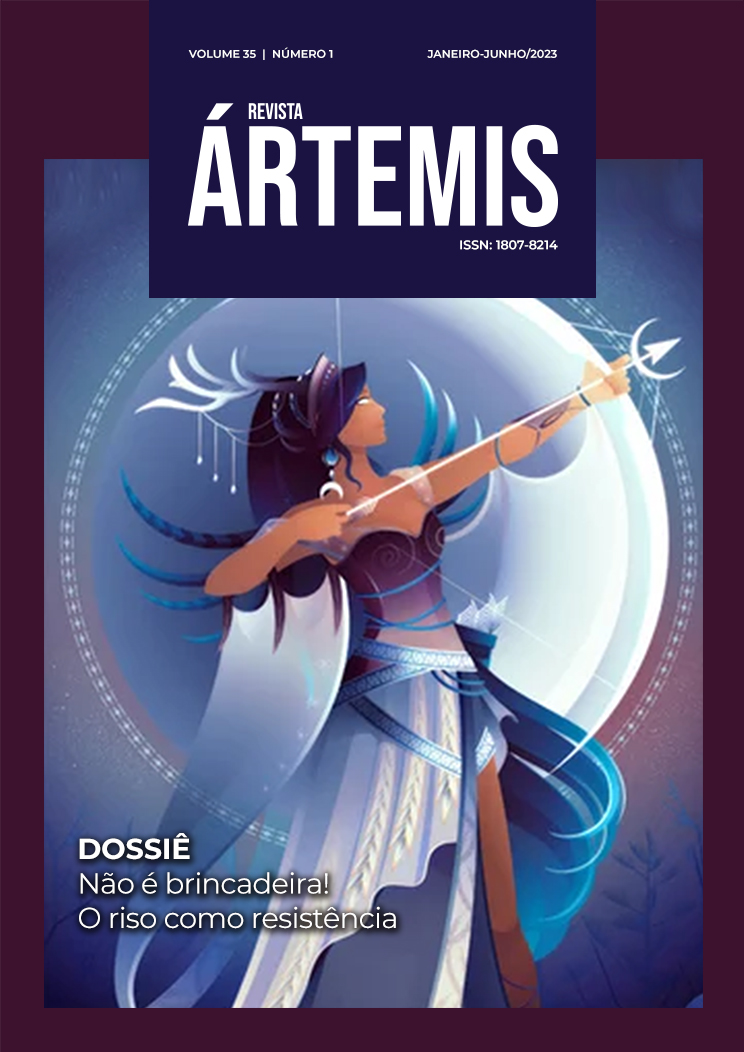Light laughter, loud noises: a party with Ledusha and Letrux
Abstract
The study of works by living female writers, in addition to causing noise, is a risk to the hegemonic stability of voices in Brazilian literature. Assuming this risk, the work in question carries out a dialogue, a good-humored approximation between the work of the São Paulo-carioca Ledusha Spinardi and the very carioca Letrux. The poetics of the authors causes a noise in the phallogocentric language, mainly due to the effect of subtle laughter and the conversation that it establishes with other beings. We have a political language that is female writing (Cixous, 2022 [1975]), potent as a creation that starts from a lyrical self that desacralizes and manifests desires, confirmed by the analysis of some poems from the work Risco no disco (1981), by Ledusha, and by the work Tudo que já nadei: Hangover, breakwater and marolinhas (2021), by Letrux, understanding its noisy manifestations as a type of sound necessary for the claim of a diverse poetics that destabilizes and questions phallogocentrism.







